Sudan
In the wake of the deadliest day of anti-coup mobilization since the October 25 coup, the new military government has taken a step towards conciliation.
For more than three weeks, the repression had been escalating, and the generals had reaffirmed their authority by cutting off the Sudanese telephone on Wednesday.
But after the bloody day of mobilization during which 15 demonstrators lost their lives, through gunshots by the military, général Abdel Fattah al-Burhane chose to calm the tensions.
Telephone communications were restored on Wednesday night and the Internet was reconnected in the afternoon.
Activists were quick to use their social networks to call on Sudanese to post videos and any information that could testify to the violence of the previous day's demonstrations.
According to a pro-democracy doctors' union, at least 11 protesters died in north Khartoum, a suburb of the capital.
After nearly 65 years of military rule in Sudan, activists are calling for a civilian government.
The European Union denounced "senseless and unacceptable killings", while Clement Voule, UN rapporteur for freedom of association, called on "the international community to put pressure on Sudan to immediately stop the repression".
But the leaden blanket has already changed the situation: while the demonstrators were tens of thousands on October 30 and November 13, only thousands marched on Wednesday.
And on Thursday, calls for "civil disobedience" met with no response in the streets where traffic had resumed normally.
While the memory of the 250 demonstrators killed during the revolt that put an end in 2019 to 30 years of dictatorship of Omar al-Bashir is still vivid, the Association of Sudanese Professionals -- one of the spearheads of the uprising at the time --, assured that the repression was only "reinforcing the slogans" chanted since October 25: "no negotiations, no partnership, no compromise" with the army.
"We will continue to demonstrate peacefully until the fall of the coup plotters," added the Umma party, the largest in the country, while hundreds of activists, journalists and simple passers-by have been arrested.
- Hospitals attacked -
On Wednesday evening, the doctors' union accused the security forces of chasing opponents of the coup into hospitals and firing tear gas at the wounded and ambulances.
Asserting that they had never opened fire, the police reported only one death and 30 injuries among the demonstrators in Khartoum North due to tear gas, compared to 89 injured police officers.
On October 25, General Burhane reshuffled the deck in a transition that had been shaky for months. He swept almost all civilians out of power and put an end to the sacred union formed in 2019 by civilians and military.
Earlier this week, U.S. Deputy Secretary of State for African Affairs Molly Phee shuttled between Prime Minister Abdallah Hamdok under house arrest and General Burhane.
The US Secretary of State Antony Blinken announced that the world would be able to support Sudan again if "the army gets the train (of the transition) back on track".
But the general seems inflexible: he recently reappointed himself as head of the interim authorities, dismissing members who support exclusively civilian rule.



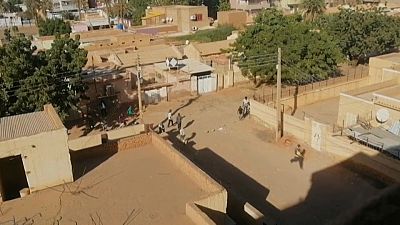

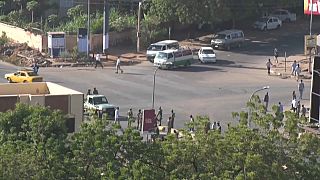
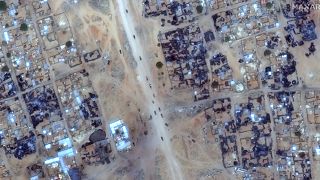
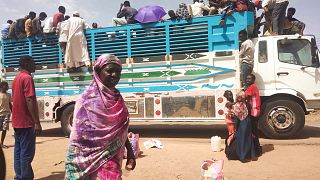
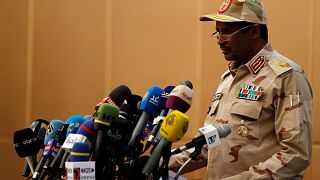



Go to video
Uganda plans law to allow military prosecution of civilians
Go to video
U.S. charges Americans convicted of coup attempt in Congo
Go to video
Three American citizens who attempted coup in DRC back in US custody
Go to video
Guinea's Junta sets referendum for September sparking fresh hopes for democracy
Go to video
Zimbabwe President removes army chief amid coup speculation
Go to video
Nigerians outraged as telecom giants hike data prices amid economic hardship